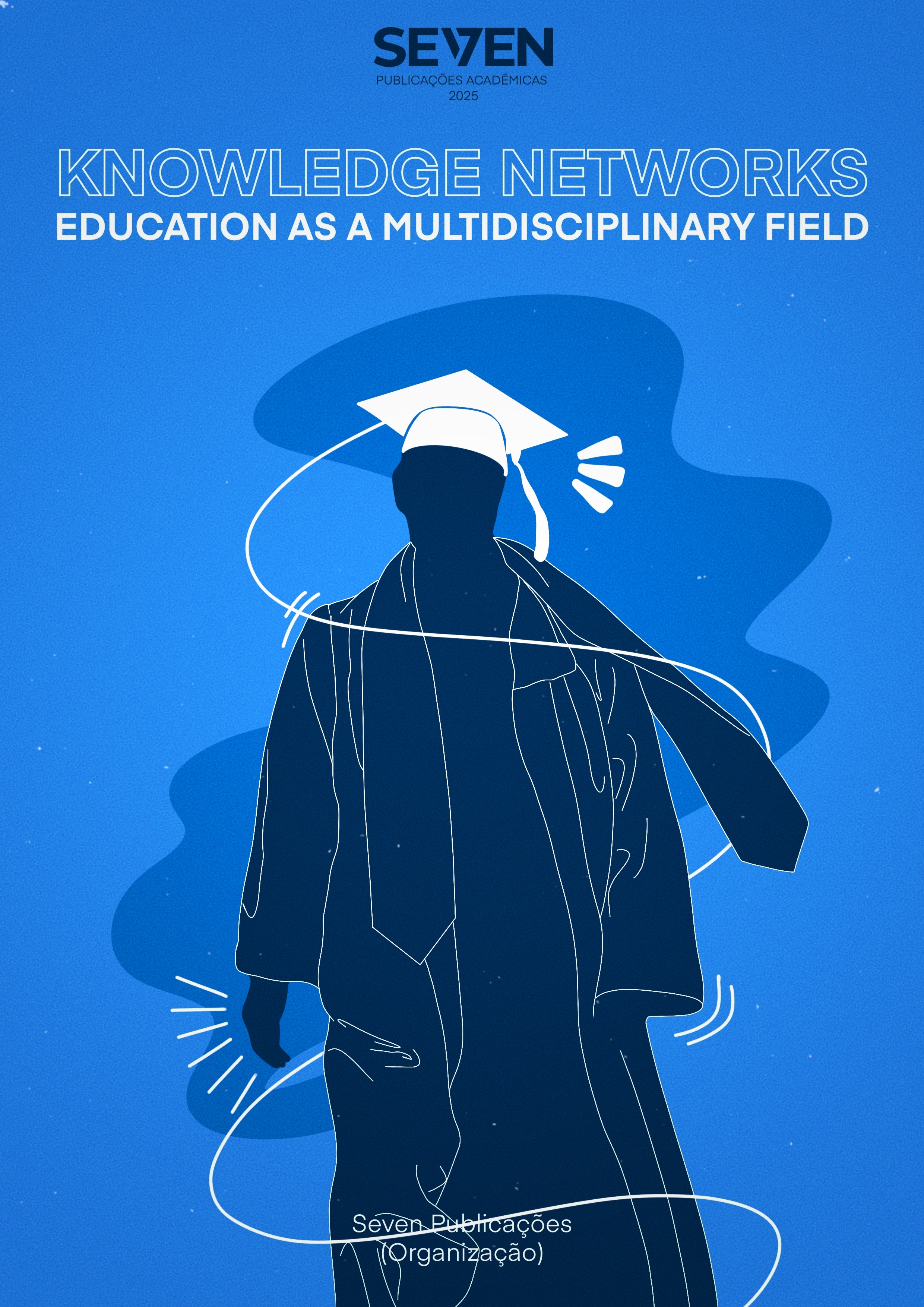FROM PLAY TO STUDY: CHILD DEVELOPMENT IN THE TRANSITION FROM EARLY CHILDHOOD EDUCATION TO ELEMENTARY SCHOOL IN THE HISTORICAL-CULTURAL PERSPECTIVE
Keywords:
Human Development, Higher Mental Functions, Internalization, MediationAbstract
This article presents the results of a study aimed at analyzing how the transition from play activity to study activity occurs in child development, considering the cognitive and affective aspects of this process in light of historical-cultural psychology, within the context of the transition from Early Childhood Education to Elementary School. This is a qualitative investigation, conducted through the case study method (Lüdke & André, 2013), carried out in a municipal public school in the Northwest of Rio Grande do Sul. Data collection involved classroom observations in Early Childhood Education and the early years of Elementary School, training meetings with teachers, questionnaires administered to students and teachers, and semi-structured interviews, with records in video, photographs, and a field diary. The analysis followed the assumptions of Discursive Textual Analysis (Moraes & Galiazzi, 2016) and was based on authors of historical-cultural psychology, such as Vygotsky and Elkonin. The results highlight the need for pedagogical practices that integrate play and study in the 1st year of Elementary School, fostering a more sensitive school transition and ensuring children’s engagement in the learning process.
Downloads
Published
Issue
Section
License
Copyright (c) 2025 Naiana Ortiz Boeno, Marli Dallagnol Frison

This work is licensed under a Creative Commons Attribution-NonCommercial 4.0 International License.





